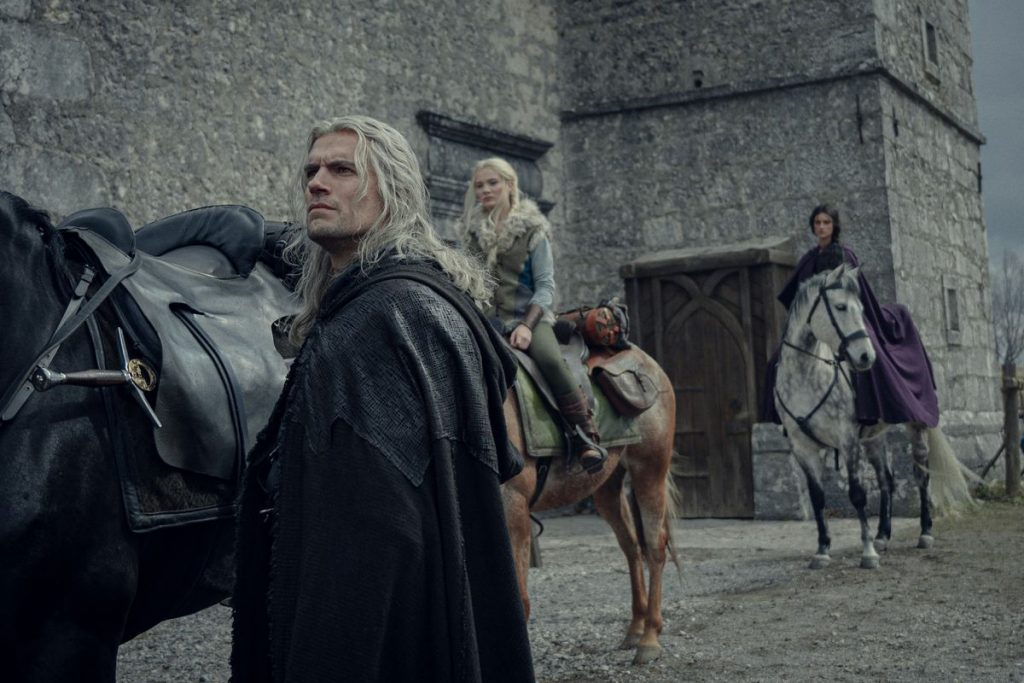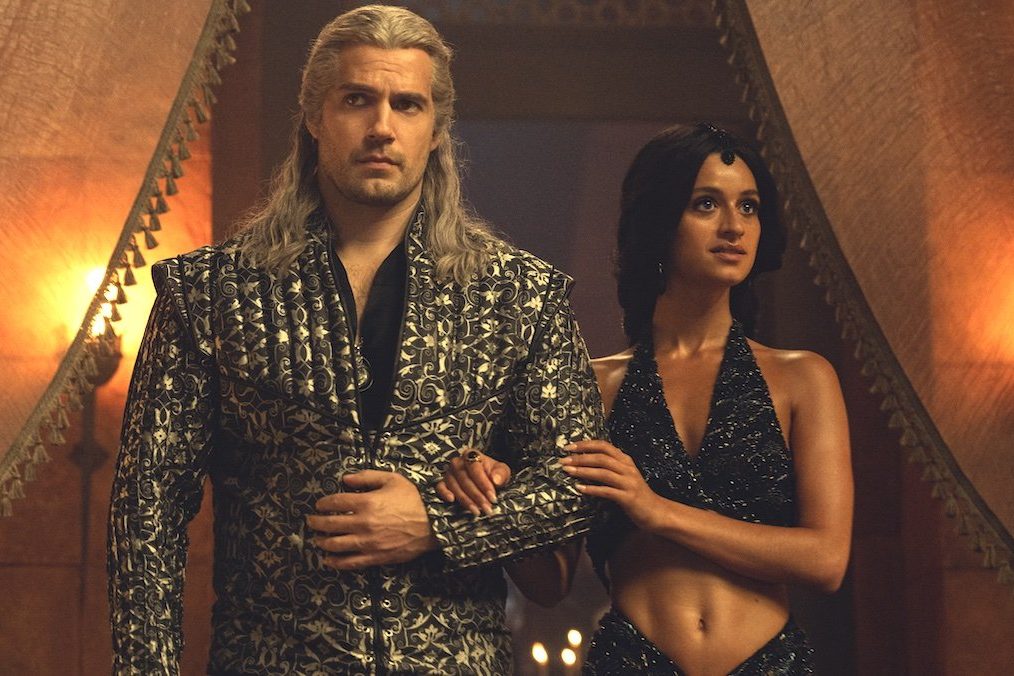Warning: Minor spoilers for previous seasons ahead
When Andrzej Sapkowski was asked about his opinion of Netflix’s adaptation of his beloved fantasy series, he gave a telling reply: “I’ve seen better. I’ve seen worse.” It’s a response that many fans can agree with. Though the third season returns to what made the first season a success and delivers stellar performances, awesome action sequences, and humour, it fails to live up to its name.
From the start, the show had the difficult task of trying to combine both Sapkowski’s short stories and his epic novels into one cohesive story. The first season was a promising beginning, but the second season deviated significantly from the books to disastrous effects (and I won’t even mention the mess that was the prequel Blood Origin). It’s well known that Henry Cavill, who plays Geralt of Rivia, is a massive fan of the books and video games, and soon after the release of season 2, he announced he would be leaving the show after season 3. It’s unclear why he made this decision, though some speculate that it’s due to disagreements over creative liberties taken by the writers, which many fans can understand. But questions of faithfulness aside, can the show stand on its own and offer a worthwhile viewing experience?

At the start of season 3, Geralt, Ciri (Freya Allan), and Yennefer (Anya Chalotra) are on the run, moving from house to house across the Continent to escape various pursuers. Geralt has yet to forgive Yennefer for her betrayal from the last season (just as I have yet to forgive the writers for butchering her character), while Ciri begins her magical training with Yennefer. But they cannot hide forever, and soon they are split up, and the weight of various sidequests, subplots, and political schemes creates an unfocused, disjointed narrative.
We’ve been here before. The show’s first season, by trying to cover so many different characters’ backstories, presented the most unnecessarily convoluted timeline. The story only got worse as it progressed, juggling various plots, locations, and prophecies at breakneck speed. This is one of the show’s biggest mistakes; because everything was so rushed in the first seasons, we now have to spend time with characters we barely know, let alone care for. Granted, the new season feels more focused than the last, as it’s essentially about one thing: uncovering the new villain’s identity. Still, the show tries too hard to be a sprawling epic (without putting any effort into exposition) and replaces thrilling monster-hunting with substanceless political scheming.
Another weakness of the show that has only become worse in the latest season is that it fails to capture even half of the depth and richness of Sapkowski’s worldbuilding. We do get some sense of distance when we see montages showing the characters travelling through varying landscapes, but it’s inconsistent. At one point, Ciri runs away from Yennefer after a fight, and then she bumps into Geralt, who was supposed to be miles away on another errand. And while the books showcase a rich cultural landscape, all the villages and palaces of the show blend into one. The series feels generic (a plague among recent fantasy adaptations), and combined with the atrocious costumes that look like they came from Zara, it dramatically impedes immersion.

The Witcher is at its strongest when it focuses on the main trio. Henry Cavill, Freya Allan, and Anya Chalotra have great chemistry, and it’s such a joy to see their relationship develop, especially after such a long buildup. Cavill’s performance as the stoic monster-hunter is as terrific as ever, and we thankfully get to see a new, more vulnerable side to the character—though it’s bittersweet, as Cavill’s departure from the show is getting closer. Equally refreshing is the fact that Ciri is finally more than a damsel-in-distress, and to see her fighting monsters alongside Geralt is one of the most enjoyable moments of the season. But let’s not forget Jaskier, who, though he remains a one-hit wonder, is one of the most fun and lovable sidekicks in fantasy. And the scene where he and Ciri mockingly narrate what Geralt and Yennefer are saying to one another from afar is hilarious and endearing.
Overall, the show is definitely best suited to those unfamiliar with the books (or video games), though strange creative decisions can make viewing it a baffling experience for anyone paying attention to details. There are many entertaining moments, but I’m not convinced these will be enough to save the show after Cavill’s departure.
